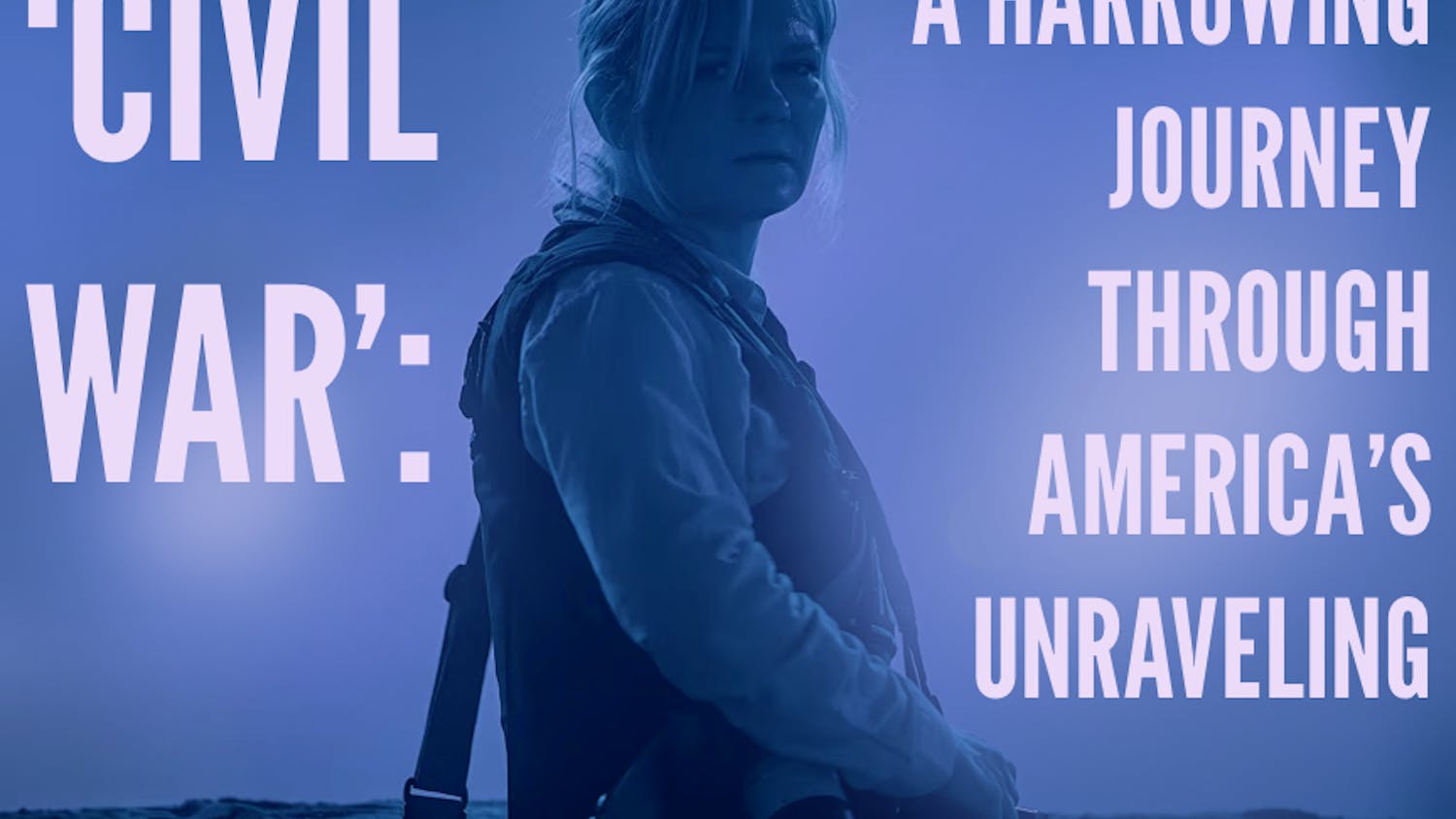
“Not That Kind of Girl” is Dunham’s memoir of her life thus far — separated into sections about her love interests, work, friends, body and the ominous “big picture,” Dunham takes us through every aspect of her life that brought her to where she is. And we learn a lot.
She starts out her book with a reflection on her love life. Her reflections are funny, insightful and at times a little horrifying. Her experience at Oberlin College sounds like it could not have been more different than the average experience here at Notre Dame. But still, her worries reflect our own.
Breaking up her longer narrative passages, Dunham gives the audience lists of things — from “18 Unlikely Things I’ve Said Flirtatiously” to “13 Things I’ve Learned Are Not Okay to Say to Friends” to “17 Things I Learned from My Father,” these lists provide the reader with a quick, silly look at Dunham’s relationships and how she behaves in them.
Of course, the book is not entirely silly. The section on work begins with Dunham reflecting on what she will be allowed to divulge about her life when she is eighty. She looks forward to it, saying she can’t wait to name names about people (mostly men) in Hollywood who expected her to behave a certain way in order to be successful.
This section is perhaps the most expected part of Dunham’s book. If you’re like me, you desperately want to know how she made it to the top of the pop culture industries at only 25. You want to know what it is that made her so successful. And when she says she didn’t sleep with them, you know that doesn’t mean it wasn’t still an issue.
Dunham is well-known for being incredibly comfortable with herself and her body. She is not one of those stars who feel the need to distance themselves from the feminist movement. In fact, she wholeheartedly embraces it.
This is why it’s not all that surprising that she can tell us she didn’t sleep with “them.” It is also why it's so easy to picture what she pictures at eighty, her smiling face on the cover of some magazine telling the whole world about the men who tried to take advantage of her.
This is not to say “Not That Kind Of Girl” doesn’t reveal more specifically the more difficult relationships she’s had with men. On the contrary, she’s rather open about them when talking about her love life. But the work section reinforces the fact that she isn’t entirely free yet, even with all her success. She can’t name names and she can’t talk about specific incidences. Who knows what kind of consequences that might have?
Perhaps one of the most touching parts of the book was where Dunham brings up the topic of her rape. She’s gone over the incident once already in the book and she glosses over it, saying it wasn’t fun but never implying it was really consensual. The second time she tells it, however, we realize just how out-of-control she felt.
I think, telling the story this way only affirms the horror of the action. Dunham says she spent a lot of time denying that it was really a rape. She wants it to be confusing, not clear-cut because then there’s a possibility that it wasn’t as horrifying as it really was. Her reflections on it, however, make it clear that she has recognized it (even though that doesn’t mean she’s at peace with it).
Dunham’s story is as much about learning to understand what has happened to her through writing as it is about telling the world her story. She writes one chapter telling the reader one thing and several chapters later will renege upon that statement. It’s surprisingly effective, giving the reader the feeling that the narrator is learning along with the reader.
In the end, I think it’s this ability to relate to the world easily that made Dunham so successful. “Girls” reflects the experiences of the twenty-something year old and “Not That Kind of Girl” grows along with the reader. This ability, I think, will give Dunham the vision she imagines for herself at eighty, so long as she can keep growing with her audience.













